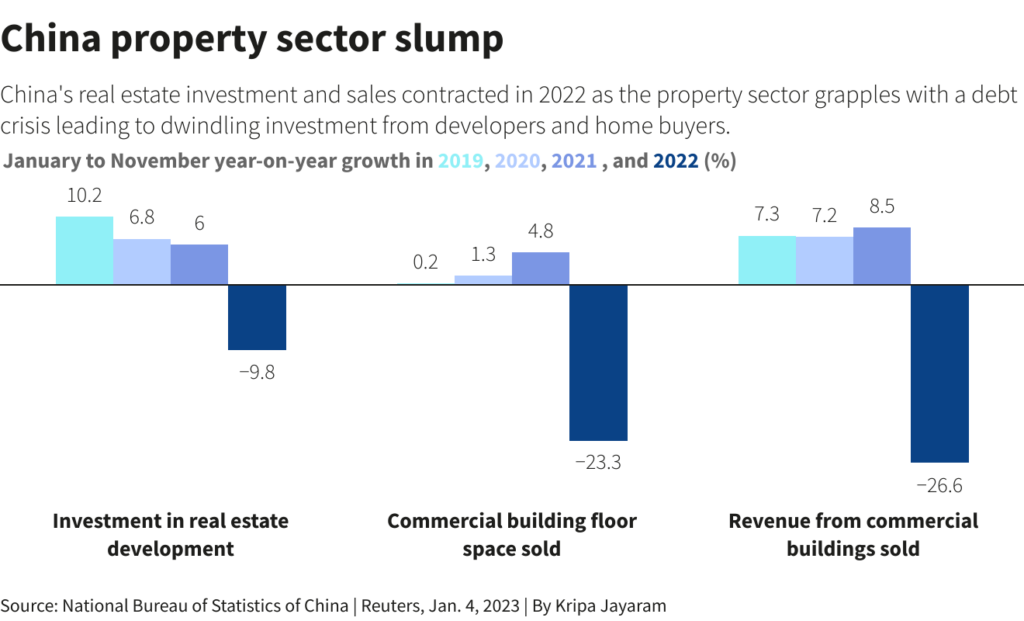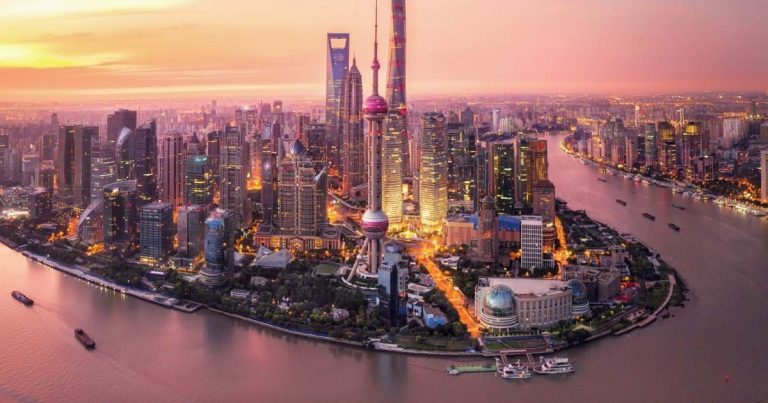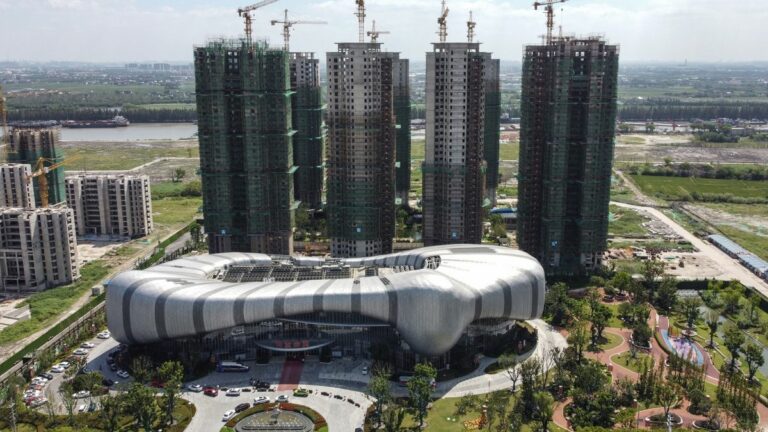Douyin : the Livestream Revolution for Real Estate In China

he Evolution of Real Estate Marketing in China: Douyin
In recent years, the real estate market in China has experienced both unprecedented booms and unexpected slumps. These fluctuations, influenced by various internal and external factors, have compelled property professionals to innovate and pivot their strategies. A notable evolution is the use of livestreaming, especially when traditional routes have been hampered due to reasons such as the global pandemic.
Cost-Effective Agency
KPI and Results focused. We are the most visible Marketing Agency for China. Not because of huge spending but because of our SMART Strategies. Let us help you with: E-Commerce, Search Engine Optimization, Advertising, Weibo, WeChat, WeChat Store & PR.
Amidst a downturn in the housing market and economic challenges, real estate agents in China sought innovative solutions. As travel restrictions and lockdowns halted people’s movements, an emergent solution was livestreaming.

The Real estate Agent influencer ‘Beauty Wang’
Real-estate agent Wang Shujuan, popularly known as ‘Beauty Wang’ to her extensive 73,000 followers, was among those who recognized this window of opportunity. She began leveraging Douyin, the Chinese version of TikTok, in April 2020, to provide her audience with real-time virtual tours of properties.
The Chinese Real Estate Market Landscape
China’s real estate market, for decades, has been characterized by rapid urbanization and growth. Cities like Beijing, Shanghai, Shenzhen, and Guangzhou have seen dramatic surges in property values. However, in recent years, challenges such as the economic slowdown, demographic shifts, and government regulations aiming to prevent speculative bubbles have had significant impacts.
A key concern of Chinese People Buying Home
Some urban areas in China have vast “ghost cities” – large residential complexes with little to no inhabitants. The dilemma of overproduction coupled with decreasing demand is a looming challenge.
Government Interventions and Their Impact
To curb skyrocketing prices and rampant speculation, the Chinese government implemented a series of cooling measures. These ranged from stricter lending regulations, limits on the number of houses one can purchase, to higher down payment requirements. The intent was to prevent the formation of potential housing bubbles that could have drastic consequences on the broader economy.
However, these regulations have also squeezed out many potential homebuyers from tier-one cities, making it increasingly difficult for them to purchase homes in these prime locations.
The Overseas Property Investment Trend
While the domestic market faced turbulence, there was a noticeable increase in Chinese investments in overseas property markets. Countries like Australia, Canada, the UK, and the US witnessed a surge in Chinese buyers. Several factors influenced this trend:
- Diversification of Investments: Investing abroad provided an opportunity to hedge against domestic market volatility.
- Education: Many Chinese families purchased properties in countries where their children were studying.
- Quality of Life and Environment: The allure of cleaner environments, better quality of life, and more spacious living conditions attracted many investors.
- Migration and Residency: Investment in properties often came with the added benefit of easier pathways to residency or citizenship in some countries.
Challenges Faced by Chinese Overseas Investors
Despite the appetite for international real estate, Chinese investors weren’t without challenges. Many countries, sensing a sharp increase in foreign buyers, introduced their own cooling measures, like additional taxes and stricter regulations on foreign ownership.
Moreover, the Chinese government’s tighter controls on capital outflows to prevent the depletion of its foreign exchange reserves meant investors found it more challenging to move large sums of money out of the country. Source Reuters

The Future of Real Estate in China
The real estate market in China remains pivotal to its economy. As of now, with innovations like livestreaming changing the way properties are marketed and sold, it is a testament to the industry’s resilience and adaptability.
However, as the market matures, it’s anticipated that there will be a move towards more sustainable growth. It will be shaped by urbanization trends, technological innovations, government policies, and global economic factors.
In conclusion, China’s real estate landscape, both domestic and overseas, presents a mix of opportunities and challenges. The story of ‘Beauty Wang’ is just one example of the innovative spirit driving the market. Whether it’s leveraging technology or exploring global avenues for investment, Chinese real estate is in a state of flux, poised for its next evolutionary step.
Read more






